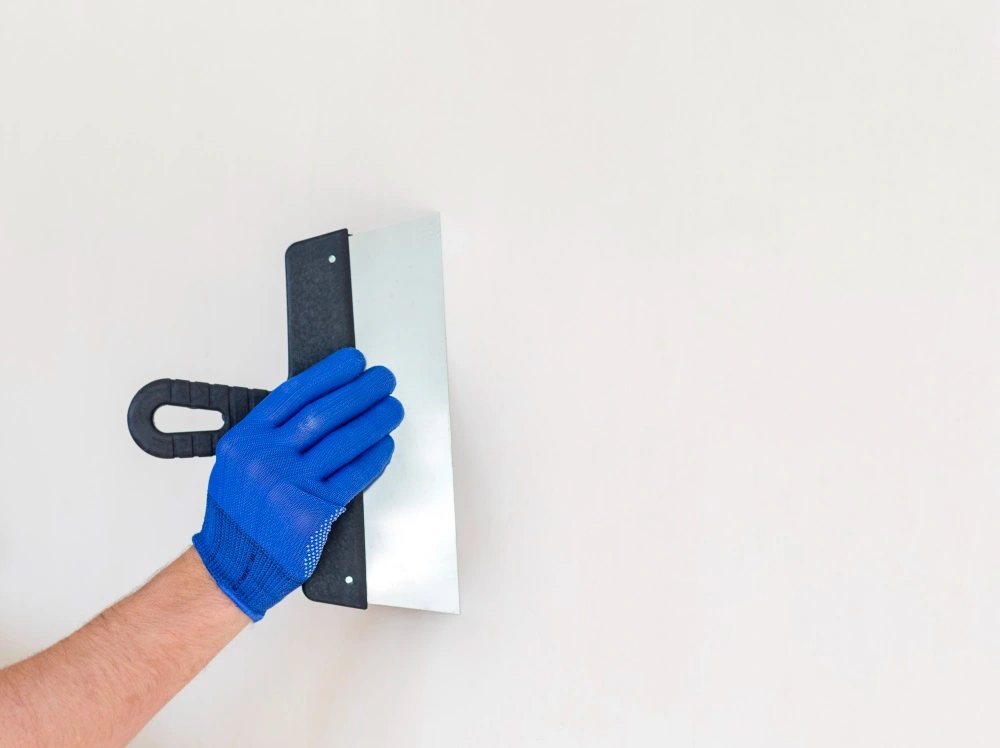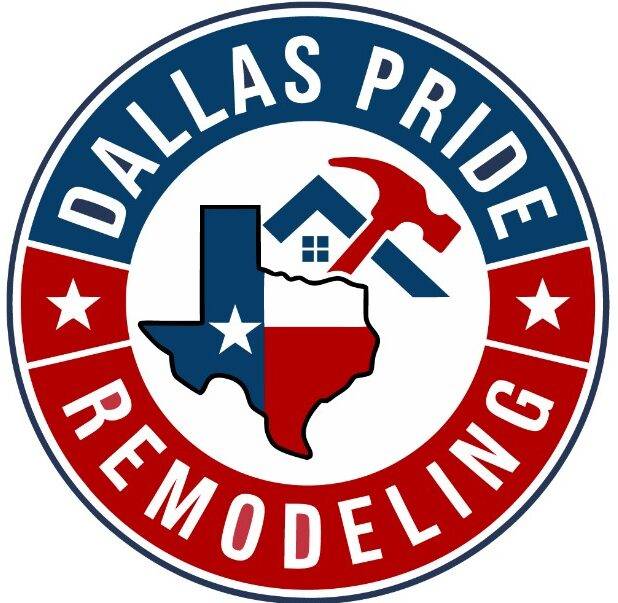When you spot that first hairline crack above your doorway or feel your hardwood floor suddenly dip beneath your feet, a chill runs down any homeowner’s spine. In Plano and Dallas, many of us face a common, costly foe lurking beneath our houses: the infamous “Black Gumbo” clay soil of the Blackland Prairie. This expansive clay swells wildly when wet and bakes hard when dry, tugging and heaving at your home’s foundation every season. This guide arms you with the knowledge to identify warning signs, understand seasonal soil movement, and take effective action, so you can protect your investment—whether you live in a 1980s ranch in West Plano or a century-old bungalow near Downtown Dallas.
1. Reading the Signs
Your home will often whisper before it screams. By catching foundation trouble early, you can avoid a cascade of floor repairs headaches and skyrocketing repair bills.
Interior Warning Signs
- Uneven or Sloping Floors
- Roll a small ball or marble across the floor—if it drifts or rolls on its own, your slab may be tilting, a classic symptom of foundation settlement.
- Stair-Step Drywall Cracks Above Doors & Windows
- Look for jagged, stair-like cracks that climb up the corner of window or door frames. These cracks often mirror the movement of the foundation beneath.
- Sticking Doors & Windows
- Doors or windows that suddenly stick, jam, or won’t latch are signs that uneven foundation shifts are twisting your frames. Consider a door adjustment by a professional handyman in Dallas to diagnose if it’s just the frame or something more.
- Cracked Tiles or Vinyl Flooring
- Even small gaps or fissures in your ceramic tile or vinyl plank floors can signal shifting support beneath.
Bonus Tip: High Water Bills & Hidden Leaks
A rising water bill without any change in usage may mean a hidden plumbing leak. Foundation shifts can fracture buried water or sewer lines, while an undetected leak can oversaturate clay soil—triggering both heaving and settlement. If your water bill spikes, call our plumbing specialists who can inspect both pipes and foundation.

Exterior Warning Signs
- Brick & Mortar Stair-Step Cracking
- Check brick walls and patios for zigzag cracks following the mortar lines. These mimic the internal drywall pattern and indicate foundation movement.
- Gaps Around Window & Door Exteriors
- Soil that pulls away from your brick or siding during the scorching summer months leaves visible trenches around the home’s perimeter.
- Yard Cracking & Soil Separation
- In extreme drought, the “Black Gumbo” dries out, shrinks, and pulls away, creating deep fissures in your lawn and around foundation edges.
2. A Seasonal Guide to North Texas Soil Movement
Understanding how our local clay behaves throughout the year helps you plan maintenance and know when to call in the pros.
Summer Droughts & Foundation Settlement
North Texas summers bring relentless heat and frequent droughts. As temperatures soar above 100°F, the Black Gumbo loses moisture, shrinks, and leaves voids beneath your slab. Gravity then pulls sections of the foundation downward, causing settlement cracks and floor dips.
- Preventative Measure: Use soaker hoses around your foundation and water deeply once or twice a week. For professional installation, see our maintenance services.
Spring & Fall Rains & Foundation Heaving
During the wetter months of spring and fall, heavy rains soak into the clay, which can expand up to 30% of its dry volume. This swelling pushes upward against your foundation, causing heaving that cracks floors and walls.
- Preventative Measure: Ensure downspouts and gutters direct runoff at least 3–4 feet away from the foundation. Learn more under our gutter cleaning & maintenance services.
Winter Freezes & Soil Contraction
When North Texas occasionally dips below freezing, any moisture in the soil freezes, contracts, and forms gaps under the foundation. After a thaw, those gaps can allow rapid settling, creating fresh cracks.
- Preventative Measure: Maintain consistent watering through the first freeze, then taper back gradually to avoid sudden soil moisture changes.
3. Taking Action: Your Foundation Repair Options in Dallas–Fort Worth
When prevention isn’t enough and you’ve ticked off several items on the warning checklist, it’s time to explore professional repairs.
Pressed Concrete Piers vs. Steel Piers
- Pressed Concrete Piers (Bell Bottoms)
- Installed by drilling beneath the footing and pumping concrete to a stable layer. Bell-shaped footings anchor into firm subsoil. Common in older homes.
- Steel Piers
- Heavy-duty steel piers are driven deep until they reach bedrock or load-bearing clay. Offer greater lifting capacity and are better for severe settlement.
Cost Expectations for DFW Foundation Repair
Foundation repair in Plano and Dallas typically ranges from $3,000 to $8,000 on average, though your final number depends largely on:
- Number of Piers Required: More piers = higher cost.
- Depth to Stable Soil: Deeper piers cost more to install.
- Accessibility: Landscaped yards or concrete patios may add to labor and restoration fees.
Smart Steps Before Committing
- Get Multiple Quotes
- Obtain at least three competitive bids from reputable local contractors listed in our Services Area.
- Independent Structural Engineer’s Inspection
- For a few hundred dollars, an independent engineer’s report can confirm whether repairs are necessary and what type you need—shielding you from upsells or scare tactics. Learn about our team on the About Us page.
- Check Licensing & Insurance
- Verify that any Home Remodeling Dallas or foundation contractor carries current Texas licensing, liability, and workers’ compensation insurance.
Conclusion: Partnering with a Local Expert Who Understands North Texas Ground Rules
North Texas homeowners face a unique adversary beneath their feet. The relentless swelling and shrinking of the Black Gumbo can wreak havoc on even the sturdiest slab homes. By learning to spot interior and exterior warning signs, understanding the seasonal dance of our clay soil, and weighing your repair options carefully, you can defend your investment and keep your family safe and comfortable.
Don’t let foundation cracks turn into an expensive nightmare. For a comprehensive home assessment in Plano or Dallas, contact Dallas Pride Remodeling at (972) 499-5599. Our experienced team combines handyman services, foundation expertise, and full-scale home remodeling to protect your home from the ground up. Trust the North Texas experts who know every shifting inch of our clay soil—and can help you fight back.
